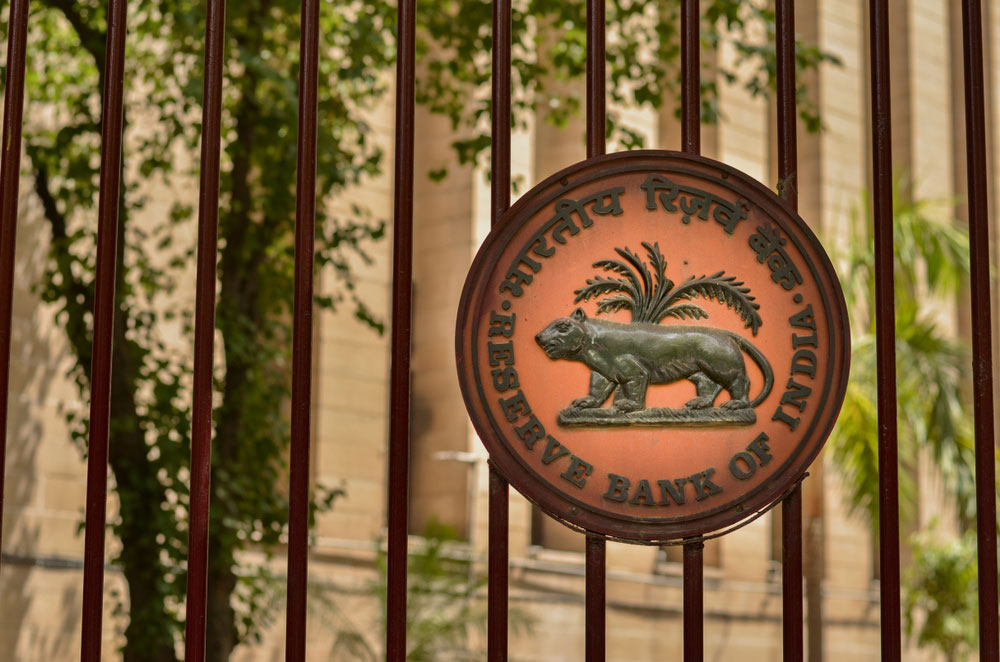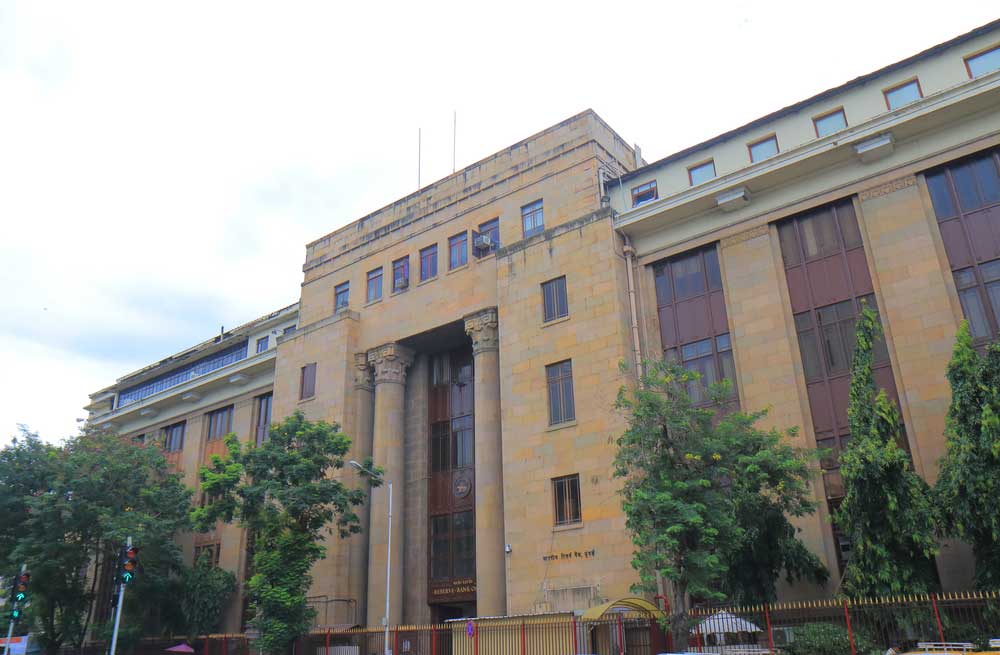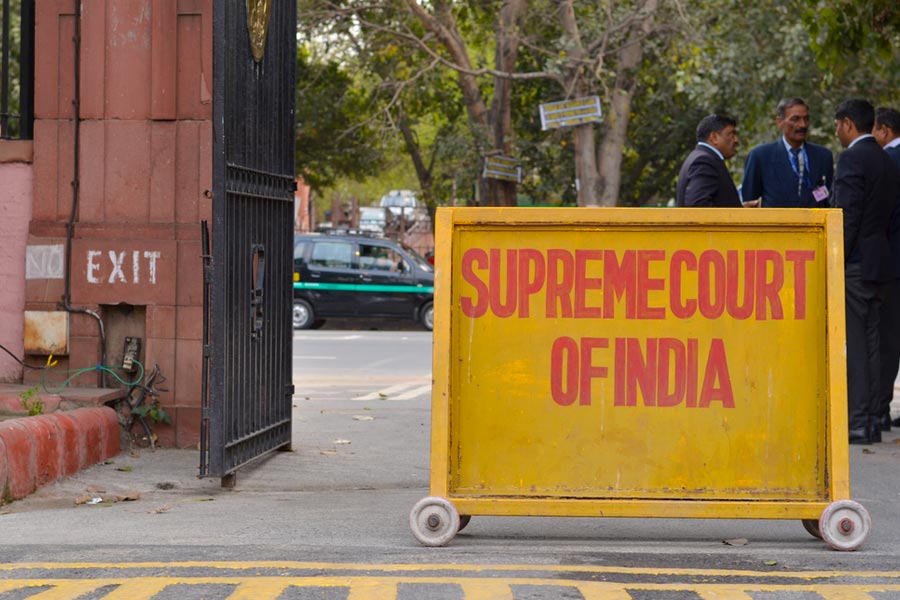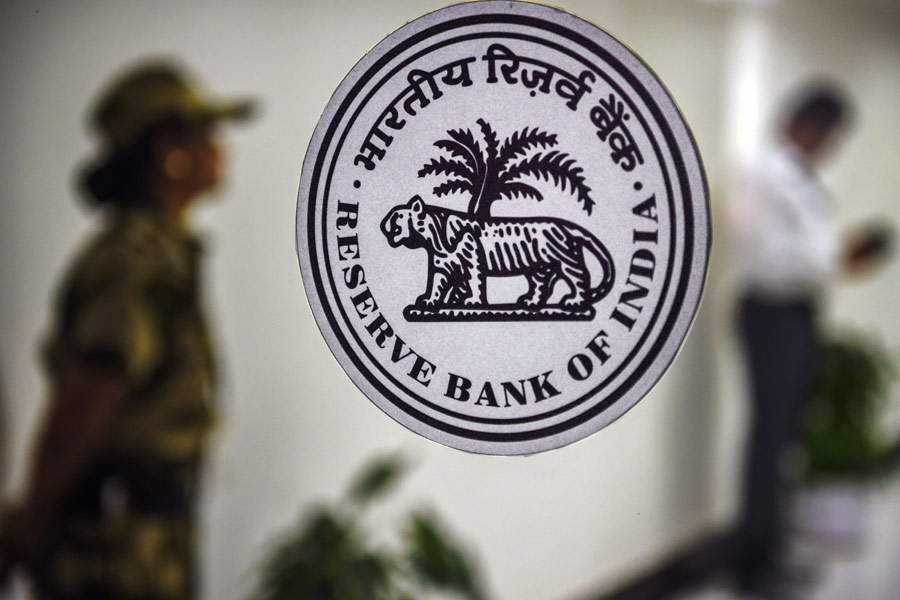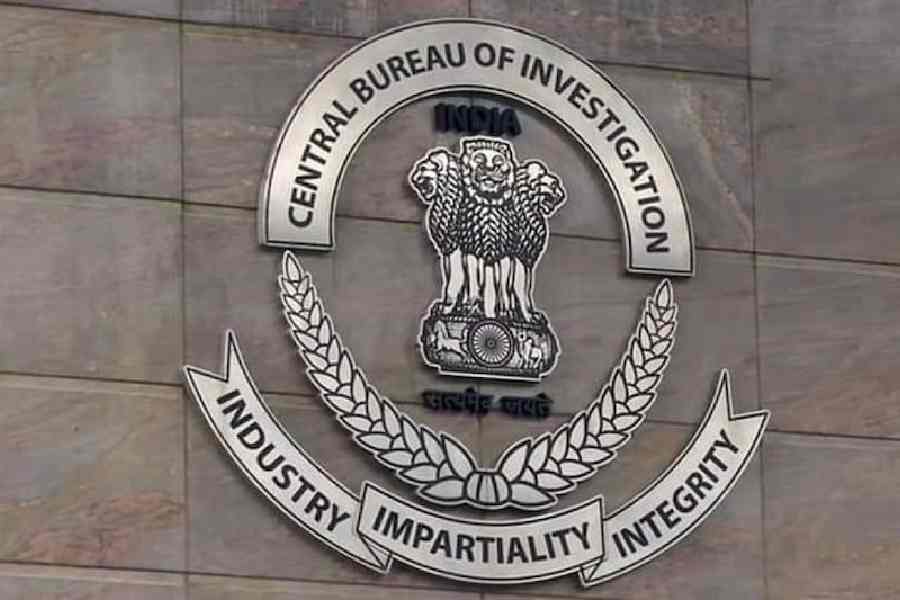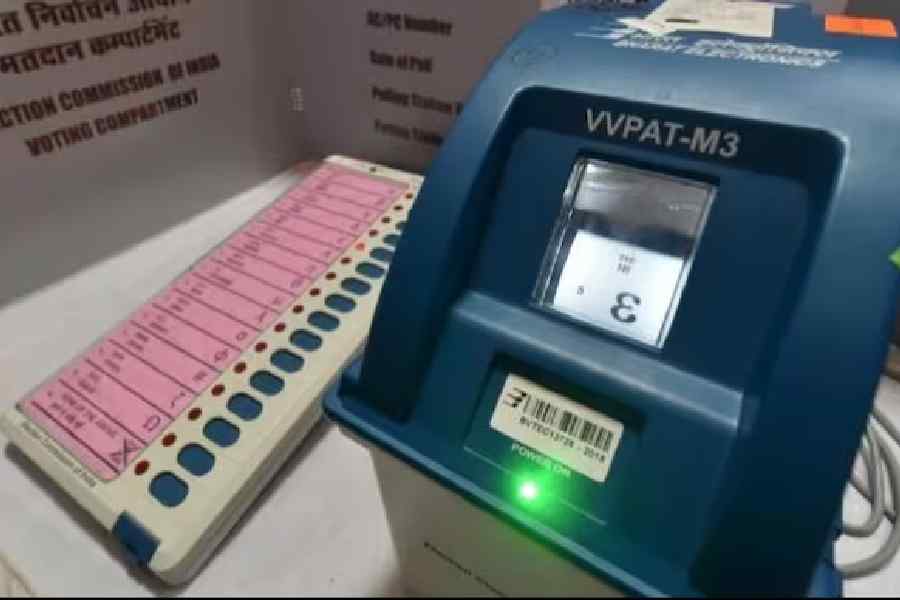The amount of incremental financial credit available to the commercial sector of an economy is an indication of its health. The lower the increment, the more sluggish the demand from business, reflecting a low level of economic activity. It also reveals the poor health of the credit market and its institutions like banks and non-banking financial institutions. This year, the incremental bank credit has only been to the tune of Rs 80,000 crore for the period, April 1 to December 6. This is indeed strikingly lower than the incremental credit figures of Rs 5.4 lakh crore and Rs 1.7 lakh crore during FY19 and FY18, respectively. For the period, April to September 2019, the financial credit to the commercial sector actually shrank by Rs 52,971 crore. For the same period during 2018, there was an expansion of Rs 3.66 lakh crore. ICRA, a credit rating agency, has predicted an overall decline of 40-45 per cent in the incremental bank credit for the whole of FY20. Bank credit had experienced steady growth in the past two years mainly due to new infrastructure projects and real estate growth. Infrastructure companies and non-banking financial companies had led the demand for credit. This demand has petered out, with much of the debt likely to go sour. The banks have lowered their risk appetite and are shifting to relatively stress-free retail lending to consumers. However, consumer spending has slowed down too, leading to a lower demand for credit. Just when banks were trying to prune down their non-performing assets, the economic slowdown has led to the creation of another round of bad credit. Weak growth impulse, slow credit off-take, sporadic default-events, such as the crisis in the Infrastructure Leasing & Financial Services, along with the fear of irregularities, such as those that afflicted the Punjab and Maharashtra Cooperative Bank, have made banks reluctant to lend.
The banking system is rather weak at the moment. A large dose of recapitalization will be required. The market impact of the merging of public sector banks will still take some time to fully play out. Technology and payment systems are being revamped. The financial sector is, therefore, in the middle of a transition and is far from being competitive by international standards. At this juncture, the economic slowdown is likely to add to the woes of this sector. The Reserve Bank of India needs to increase regulatory caution without actually stifling risk-taking by banks. Relying on banks to stimulate the economy will be futile. Most of the problems in this sector are the consequences, and not the proximate causes, of the slowdown.

